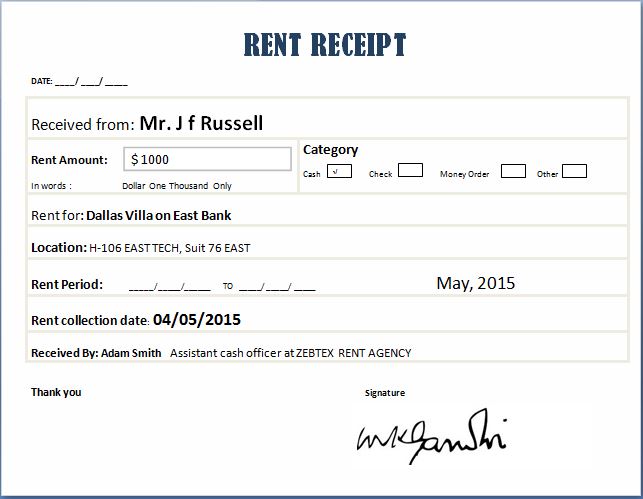
Okeke trades in furniture and fittings at a major market in Onitsha. In addition to his business, he owns a substantial number of houses within Onitsha and environs. One day whilst attending an exhibition in Lagos, he was approached by a young marketer for a real estate company; the marketer had been tasked to sell some real estate located around the Lekki Free Zone and Okeke looked like the perfect buyer.
The marketer launched into a seductive pitch about the prospects of the area and the opportunity for amassing immense profits, especially due to the development of a refinery in the area by a major investor and industrialist. As a businessman with an eye for profit, Okeke was intrigued by the opportunity to multiply his capital, but he requested for time to seek advice from his lawyers before investing the substantial amount required, especially having heard horrible stories of the dreadful omonile and their penchant for violence in land matters.
There has been a boom in investment in vacant real estate over the past decade; however this boom seems to be driven by certain misconceptions which have been fed by advertising campaigns and the mass media. This misconception is that land values appreciate at a rate which exceeds rates of return on alternative investments such as treasury bills, stock or other asset classes. These misconceptions have led to the growth of a speculative bubble which seems to have driven the costs of real estate beyond reasonable levels.
In general, by investing in developing the land you may destroy an option and at the same time you may create other options. Vacant land represents an option of retaining it in its vacant form and expecting an increase in value of the land, or turning the vacant land into a development, thereby increasing its intrinsic potential for value creation through the injection of capital. The computation of the value of land requires the calculation of current and future construction costs, as well as current and future market prices of real estate in the area where the land is located.
Prior to purchasing land, it is pertinent to have an idea of the use to which the land is to be put, including the proposed structures which are to be constructed upon the land and the market prices or rental values such structures would fetch in the future based on the surrounding properties in the area. In calculating the values of the property, provision should be made for the probability that the property may fall in value in the future.
It would be wise for Okeke to first conduct a search on the title of the sellers, especially since a number of real estate marketing companies do not perfect their title before commencing the sale of the properties, a situation worsened . This will protect him from any nasty surprise which may arise from defects in the title of the seller. These companies sometimes acquire their holdings by sponsoring the perimeter survey or excision (popularly known as gazette) of property belonging to a community. This implies that several of these properties have defective title from the beginning and should not be purchased if possible.
After ascertaining that the sellers hold good title to the property, Okeke should ask for all the charges and costs arising from the purchase of the property. This is because a number of real estate companies add certain fees and levies to the cost of the estate, ostensibly for the development of the estate, although several fail to use the funds for any such purposes. Their refusal to develop the estate often slows the pace of development within the estate, as well as the rate of appreciation for properties within the estate
We hope these tips will prove useful to you as you begin to navigate the world of real estate investment. For further information and consultancy, we may be contacted directly on +2348036258312, or by email on : info@miltoncrosslexng.com.











